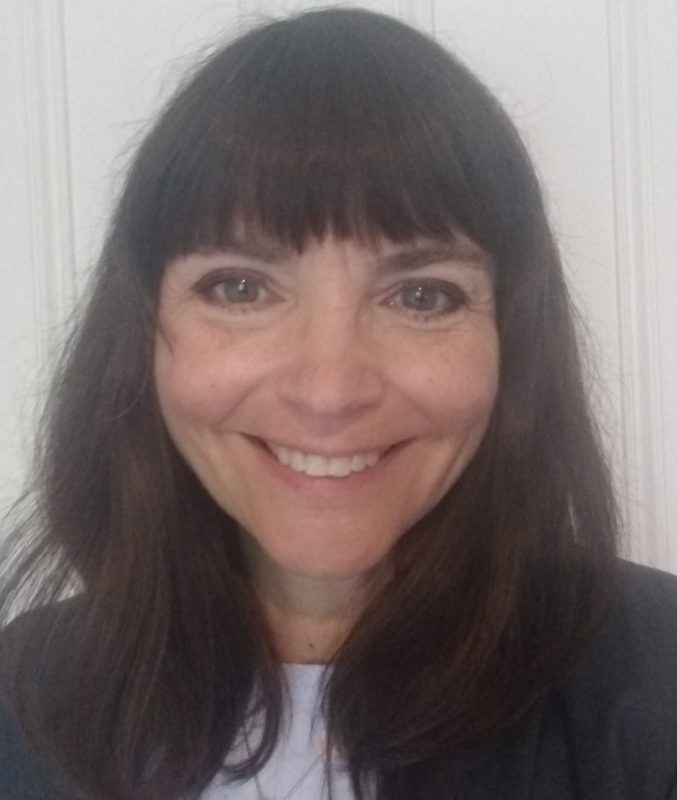Listen to Michele Schweisfurth’s episode:
Tensions in Comparative & International Education
by Michele Schweisfurth
Professor of Comparative and International Education, University of Glasgow
The relative solitude of the last year has put me in a pensive mood, and the FreshEd series is always a great source of food for thought. My recommendations are personal in that these podcasts have made me question aspects of my career and current work and how these reflect and feed into wider patterns and power imbalances in our sector and field. While personal, I suspect my recommendations will resonate with conflicts faced by others in comparative and international education.
Nelli Piattoeva and Rebecca Boden’s podcast ‘Numbers!’ flags some of the myriad ways that the education sector is governed by statistics and league table-type comparisons. The quantification of comparative education is a fascinating object of study. But I find myself trying to reconcile the need for intellectual distance from it with day-to-day work in the thick of it at a ‘Global top 100’ University and in policy work with the UK government. I suspect I am not alone.
Angela Last’s podcast ‘The Trouble of Internationalization and Interdisciplinarity’ sets out some of the minefields/mindfields many of us navigate in contemporary higher education institutions: internationalization vs. decolonization; finding a common language and truly balanced agenda in interdisciplinary projects; the primacy of economic imperatives over other possibilities; and the hegemony of English language. And speaking of English…
Confession: I started my career as an English language teacher, and not a particularly conscientized one. I taught Romeo and Juliet in a secondary school in up-country Sierra Leone; I trained English language teachers at an Islamic University in Indonesia; and in my teaching and publishing, I am still reinforcing the hegemony of not just English but a particular kind of English. On one level, Suhanthie Motha’s podcast ‘The Empire of English Language’ is about a book about four TESOL teachers. But far more than that, it offers an articulate perspective on the intersection of language, empire, and race and how this situates TESOL.
Finally, if the rug is getting a little too comfy under your feet, let Tom Popkewitz pull it out with his podcast ‘The Impracticality of Practical Research’. It made me reflect not only on what we do but about how we think, and about alternative kinds of reason.
March 1, 2021







